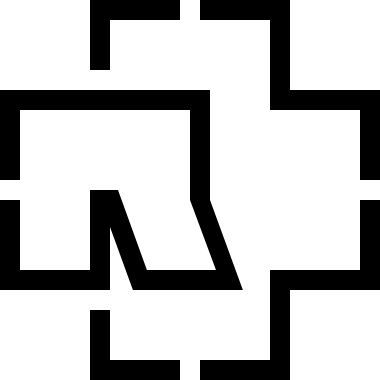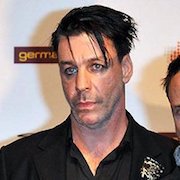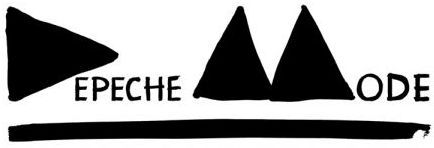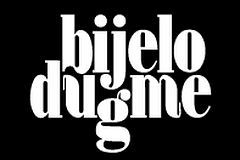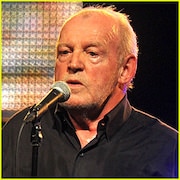Laibach (German pronunciation: [ˈlaɪbax]) is a Slovenian avant-garde music group associated with the industrial, martial, and neo-classical genres. Formed in the mining town of Trbovlje (at the time in Yugoslavia) in 1980, Laibach represents the musical wing of the Neue Slowenische Kunst (NSK) collective, a group which Laibach helped found in 1984. "Laibach" is the German historical name for the Slovenian capital Ljubljana, itself an oblique reference to the Nazi occupation of Slovenia in World War II.
From the early days, the band was subject to controversies and bans due to their elaborate use of iconography with ambiguously repugnant parodies and pastiches of elements from totalitarianism, nationalism and militarism, a concept they have preserved throughout their career. Censored and banned in Socialist Yugoslavia and receiving a kind of dissident status, the band embarked on international tours and gradually acquired international fame. After Slovenia became independent in 1991, Laibach's status in the country has turned from rejection to promotion into a national cultural icon, which included performances with the Slovenian symphony orchestra.
Early Laibach albums were pure industrial, with heavy rhythms and roaring vocals. Later in the mid-80s, the sound became more richly layered, featuring samples from pop and classical music. The band's lyrics, variously written in German, Slovene and English, are usually delivered by the bass voice of the singer Milan Fras. Initially the lyrics handled war and military themes; later, the focus turned to any highly charged political issue of the moment, sending intentionally ambiguous messages. They recorded several cover versions of popular songs, often turning light melodies into sinister-sounding Gothic tunes.
The band has seen numerous line-up changes, with Dejan Knez, Milan Fras, Ervin Markošek and Ivan "Jani" Novak forming the best-known line-up. They have worked with a number of collaborators and guest musicians. Laibach has also recorded film soundtracks, theatre music, produced works of visual art, and band members have embarked on a number of side projects.

